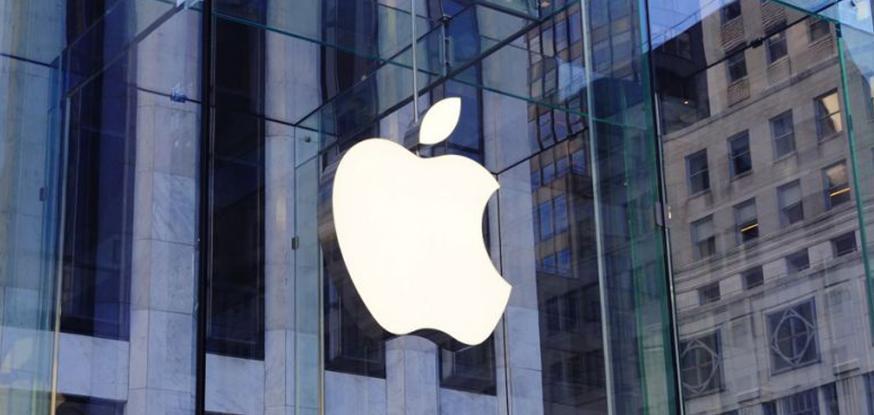US tech giants Apple are the victims of its own incredible success, following a quarterly report which indicated its cash holdings, the vast majority of which is held overseas has surpassed the entire economic out-put of Chile. Apple's stockpile of cash has reached a staggering $256.8 billion, and has sparked debate over what the technology leaders should do with such massive cash reserves.
It has also refocused attention on the issue of the disincentives in the US tax system, which is why Apple thus far has rejected the idea of bringing the cash home to invest in the US market. The current tax system allows multinational corporations to deter profits while they are held in overseas accounts - but taxes income at up to 35% when repatriated.
However, proposals put forward by President Trump and lawmakers have suggested the tax rate on repatriated earning be lowered, in an effort to lure organizations like Apple to reinvest the cash pile back into the US economy. Analysts have conceded that whilst many multinational conglomerates would gladly be in Apple's position, he conceded that there's something not healthy about having that must fiscal power.
Roger Kay, analyst with Endpoint Technologies Associates said: "Normally, you would expect cash to fund investment opportunities, but obviously Apple doesn't have any use for that much cash. Apple has become the most valuable and profitable company of the current era. But the unique challenges it faces because its earnings come mostly from the iPhone, which faces increasingly tough competition in a saturated smartphone market."
Analysts have suggested that Apple will be face pressure to return more cash to stakeholders with higher dividends and more share buybacks, it has been disclosed that the tech firm have spent somewhere in the region of $200 billion to do this. However, many fiscal experts have claimed that this procedure do not enhance the long-term strategic interests of anyone.
Patrick Moorhead of Moor Insights & Strategy said: "Returning all the cash to shareholders doesn't help further anyone's strategic interests. Apple has to find new ways to diversify its business model. One way to do this - would be by going vertical by acquiring a chipmaker such as AMD to supply all Apple devices."
According to Moorhead, Netflix could complement Apple's business by offering content for its ecosystem of devices. In addition to this, he suggested that if Apple is really serious about establishing itself as a leader in the autonomous vehicle sector, then it should buy a car company such as Tesla.
It's clear that President Trump and his administration are attempting to find ways to attract multinationals like Apple to bring those earnings home for investment and job creation in the US, but with a major stimulus from repatriated assets unlikely - it appears that Apple will resist the idea to bring the cash home, unless the tax system is amended to incentivize them to do so.

